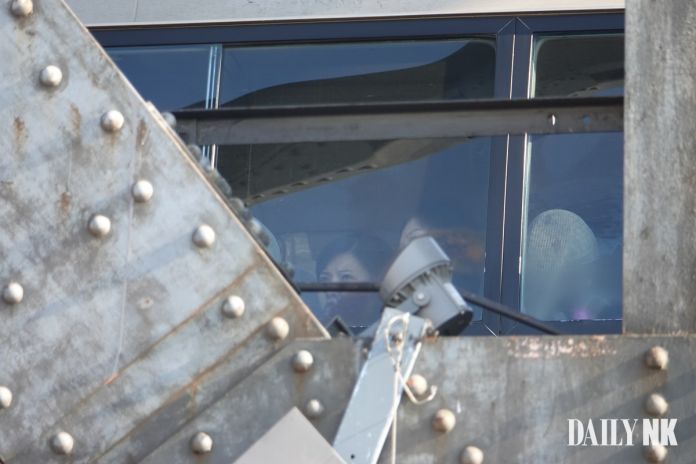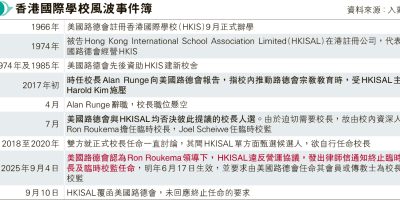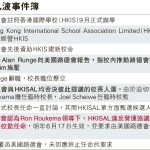
With Kim Jong Un’s visit to China for the 80th anniversary of China’s victory over Japan drawing attention to strengthened North Korea-China cooperation, the possibility of expanding North Korean workers in China is being closely watched. How are these workers sent abroad despite international sanctions prohibiting new deployments of North Korean laborers?
According to a recent “North Korean Overseas Workers Forced Labor Report” by Daily NK’s AND Center, based on investigations into North Korean workers at Chinese seafood processing plants, every step from selection through education, contracts, and workplace control operates under meticulous state planning.
Background and reputation determine selection as information control education intensifies
The selection of North Korean overseas workers involves more than just formal procedures like paperwork and interviews. Complex criteria including family background, reputation, and political organization evaluations all play a role.
North Korean official “A,” contacted by Daily NK’s AND Center, explained that “people’s units, workplaces, schools, and moral character assessments are crucial.” He added that workers must be between 18 and 45 years old, with loyalty being key, and “political organization life over 10 years, family background, and social class are absolutely critical.”
North Korean manager “B” said they also try to accommodate Chinese employers’ specific requirements. “Some places request a 3-to-7 ratio of physically strong men aged 20-40 to young women with quick hand movements, while others prefer workers suited for food processing jobs requiring manual skills—we try to match these requests as closely as possible,” he explained.
Selected workers receive various forms of education before departure, including surveillance guidelines.
Official “A” said the basics include “ideological education, discipline compliance policies, and education about local Chinese culture,” adding that “starting in 2024, education about electronic device surveillance systems was added, and information blocking education was further strengthened.”
According to previous reports from North Korea sources, unannounced personal belongings inspections and locker searches are conducted at Russian worksites. From late last year through early July, at least three workers were repatriated for possessing portable storage devices containing foreign content, causing mental distress among North Korean workers.
Managers receive similar education. Manager “B” said he received “practical training on Chinese legal compliance, worker management laws, safety accident measures, and emergency reporting systems,” explaining that the focus is on “managing large numbers of people, and since there’s escape risk abroad, we receive education on preventing escapes and prohibiting outside contact even before departure.”
The reason North Korean authorities provide separate education even to managers isn’t simply for workplace management, but to thoroughly prevent worker escapes and completely block any possibility of contact with outside society. This aligns with the concept that “workers should live as if they don’t exist while overseas.”
In other words, North Korean authorities view overseas workers solely as foreign currency earning tools and are extremely wary of escapes or external exposure revealing state plans and leading to international criticism and sanctions. Manager education thus functions as a device to supplement the worker control system.
Passports confiscated before departure as authorities set contract terms
North Korean overseas workers have their passports and travel documents confiscated just before departure. Official “A” stated they “confiscate travel documents to prevent escapes and maintain state authority,” calling this “essential measures to prevent outside contact and illegal activities.”
The field manager’s explanation is more specific. Manager “B” explained that “if escapees contact foreign media or embassies, it becomes an international embarrassment, so we absolutely don’t give them passports,” adding that “supervisors keep them in safes or leave them with embassies.” He said “without passports, escape possibilities are blocked at the first level, so we maintain control by collectively storing passports.”
Confiscating passports and travel documents just before departure effectively blocks workers’ freedom of movement. Workers must live without official documents to prove their identity locally, structurally limiting outside contact or independent movement.
Employment contracts are also predetermined by the state. Official “A” said “contract conditions include remittance amounts for state plans reflecting local conditions,” explaining that “while wages vary by company, region, and season, most profits are remitted to the Ministry of Fisheries.”
Manager “B” said he “clearly explains wages, working hours, and assigned duties to workers” while noting that “since work intensity varies, we specify flexible conditions in contracts and get signed acknowledgments from workers.”
However, according to the AND Center report, most workers received no explanation of working conditions and only a few actually signed contracts.
While North Korean workers appear to formally sign “contracts” in China, they’re actually just following state-designed conditions. Workers end up trapped in a structure where, despite having contracts, they cannot question working conditions or assert their rights.


















